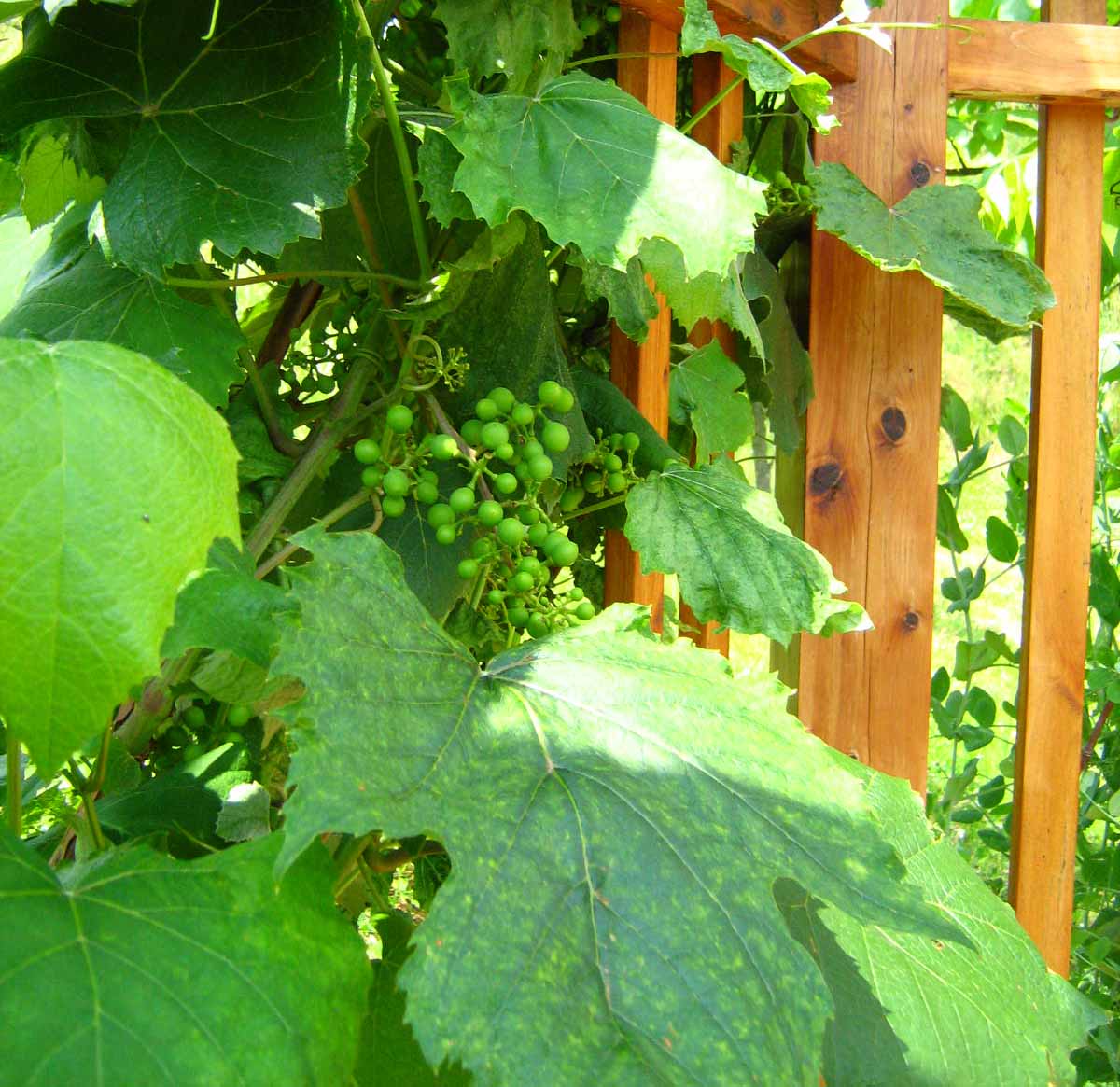 Proverbs 15:23: To make an apt answer is a joy to a man, and a word in season, how good it is!
Proverbs 15:23: To make an apt answer is a joy to a man, and a word in season, how good it is!
The degree to which our words are appropriate for the situation, for the particular time, the particular people hearing those words--that is the degree to which they can bring joy. Joy to those we are speaking to, and also joy to us.
Where do we find these apt answers, and how do we get the timing right? As always, Jesus is our best guide.
In Matthew, Jesus is accused of being a follower of Satan because he healed a demon-possessed man. In his rebuke of the Pharisees, he gives us a clear understanding of where to find apt answers and words in due season.
Jesus describes two types of trees: good trees, which produce good fruit, and bad trees, which produce bad fruit. Seems pretty straightforward, nothing to disagree with. Then Jesus concludes with a statement that should give us all pause:
“... on the day of judgment people will give account for every careless word they speak, for by your words you will be justified, and by your words you will be condemned.”
So perhaps we need to go back to Jesus’s simple statement; good trees=good fruit, bad trees=bad fruit.
It doesn’t take a horticulturist to know that even the best stock of fruit tree can have a different fruit grafted onto it--an apple tree can have a branch of a cherry tree attached to it and grow healthy cherries, or a plum branch affixed to it.
You can take a plum tree and graft a peach, nectarine, or apricot branch and it will grow those fruits. All sounds good, right? But what happens when we graft something that isn’t healthy, that is either diseased or filled with pests?
We joke about having a song stuck in our thoughts, and like some volunteer apple tree whose seed a random bird deposited, it’s refrain takes over our conscious mind, running a never ending loop of the refrain or the first verse, until, if we are not careful, we find ourselves humming it or singing it out loud. That we see as frustrating, maddening, but innocent--just a pesty nuisance. Not evil.
I know, you would never, ever knowingly bring into your mind, your fruit tree, ideas that are parasitic, that spread fear, negativity, or anger throughout your consciousness. Of course not.
But what about ideas that just happen to come into your mind because of the wind of news, the breeze of conversation, some posting on Facebook? How do we ensure our mind doesn’t become an untamed orchard of unwanted volunteer fruit trees? We’ve got to bring in some expert help, and it won’t be cheap.
For the fruit of our minds to be imbued with love, joy, peace, forbearance, kindness, goodness, faithfulness, gentleness and self-control, we need the Holy Spirit as our master gardener.
But a caution--he expects you to listen to Him, to read the books he inspired in the Old and the New Testaments, and to be willing to ask questions each and every day about how to produce his fruit. As we establish the Holy Spirit as our master gardener, we will be able to follow James’s counsel, to be quick to hear, slow to speak, and slow to anger, so we can produce the righteousness of God.
If we ask him, the Holy Spirit will set a guard over our mouths, and keep a watch over the door of our lips. Our goal is to be as integrated with the Holy Spirit as Jesus was. Then we too can say that we don’t speak on our own, but every word that we utter is from the Spirit. And as Jesus said, it is the Spirit who gives life, and the words he speaks through us are life-giving.
To make an apt answer is a joy to a man, and a word in season, how good it is!

















